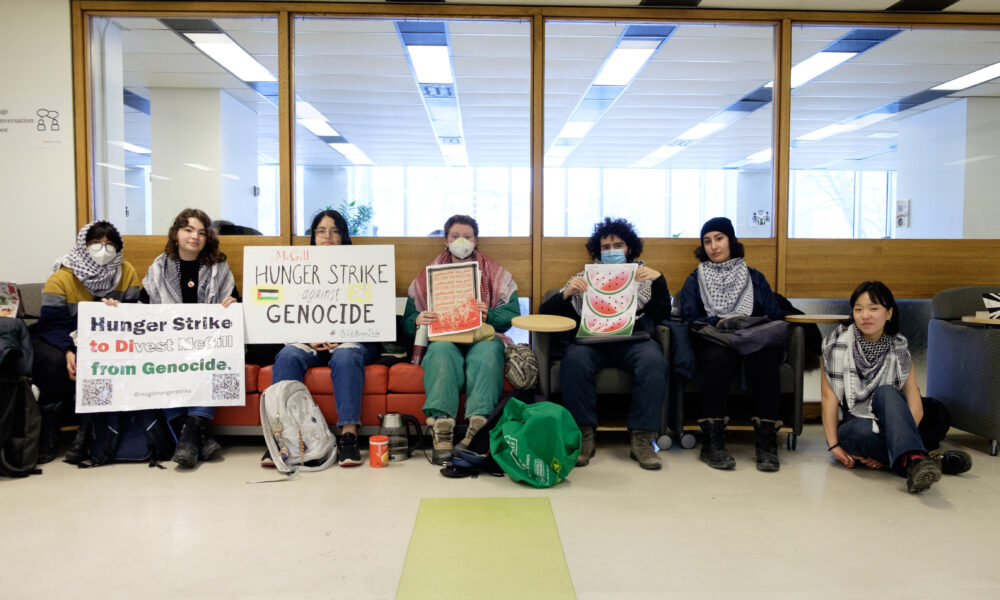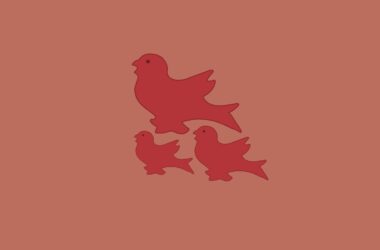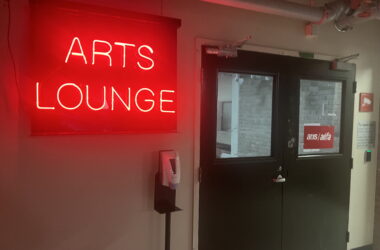On Feb. 19, a group of McGill students began a hunger strike to pressure the university to divest from companies and boycott academic institutions complicit in Israel’s siege on Gaza and genocide of Palestinians. Students across several different political activism groups on campus came together to form McGill Hunger Strike for Palestine, the group which organized the strike.
Dylan*, a representative of McGill Hunger Strike for Palestine, explained in an interview with The Tribune that the group has two demands. First, they demand that McGill fully divest from companies directly or indirectly supporting the Israeli state, such as Lockheed Martin. They estimate these investments to be worth roughly $20 million in total. Second, they demand that the university sever relationships with four Israeli universities and remove classes with ties to Israel such as ORGB 434 and FINE 434 (which are taught in tandem) and FACC 501. The group’s document listing their demands asserts that these courses “play a key role in techwashing the genocidal nature of settler colonialism, through the promotion of ‘innovative’ tech startups.” Dylan stated that the group will continue striking until the university meets these demands, and plans to engage in a general strike and a tuition strike if the university continues to leave them unmet.
Dylan noted that the group chose to enact a hunger strike after the university continued to ignore student demands for Palestinian liberation.
“There’s already been protests; there have been [sit-ins] there have been petitions; there’s been education; there’s been reaching out to the administration; there’s been a referendum; there’s been votes through the official channels,” Dylan said. “So, all of these things have already been done. And we’re not getting a response. So, we think that it’s appropriate to step it up.”
According to Dylan, 12 people were ready to commence a hunger strike with the group as of Feb. 22. Some students are on a continual hunger strike and others are on a rotational hunger strike, which means they strike for a limited number of days at a time.
In an email to The Tribune, McGill Media Relations Officer Frédérique Mazerolle wrote that “McGill will not sever relations with academic institutions because they are located in the State of Israel.” Mazerolle did not respond to questions about divestment from companies supporting the Israeli state.
Dylan reported that both a nurse and several McGill nursing students were monitoring the health of hunger strikers and that The People’s Potato—a soup kitchen at Concordia University—donated boxes of chicken broth to the group, which they use to make nutritional broth.
Drew* is also among the students participating in the hunger strike. They spoke of the importance of using the strike to draw attention to the starvation that Israel’s siege on Gaza is causing.
“We’re just trying to bring the hunger [from] over there on campus to really put pressure and have some visibility on behalf of the people on campus,” Drew said.
Drew emphasized that he would like to see the university listen to student demands for divestment, notably the ones expressed through the vote on the Policy Against Genocide in Palestine in last fall’s SSMU Referendum .
“Divest, divest, divest, or at least meet with student representatives and take their demands seriously [….] We divested from the South African apartheid. We don’t need to wait for government entities to call for a ceasefire to call for divestment of arms before our institutions can divest from the arms that they’re investing in,” Drew said. “78.7 per cent of [student voters] voted for the […] Policy Against Genocide. So just listen to the students.”
Like Drew, Dylan spoke to the importance of student activism in pressuring McGill to divest in the past and affirmed its power to successfully compel the university to change.
“Back in December […] we divested from fossil fuels,” Dylan said. “For South African apartheid, it was [around] 50 million [dollars] at the time, adjusted with inflation, that’s [about] 140 million today. So we think 20 million is more than possible. It’s not a question of if it will happen, but when it will happen.”
*Dylan and Drew’s names have been changed to preserve their confidentiality.








